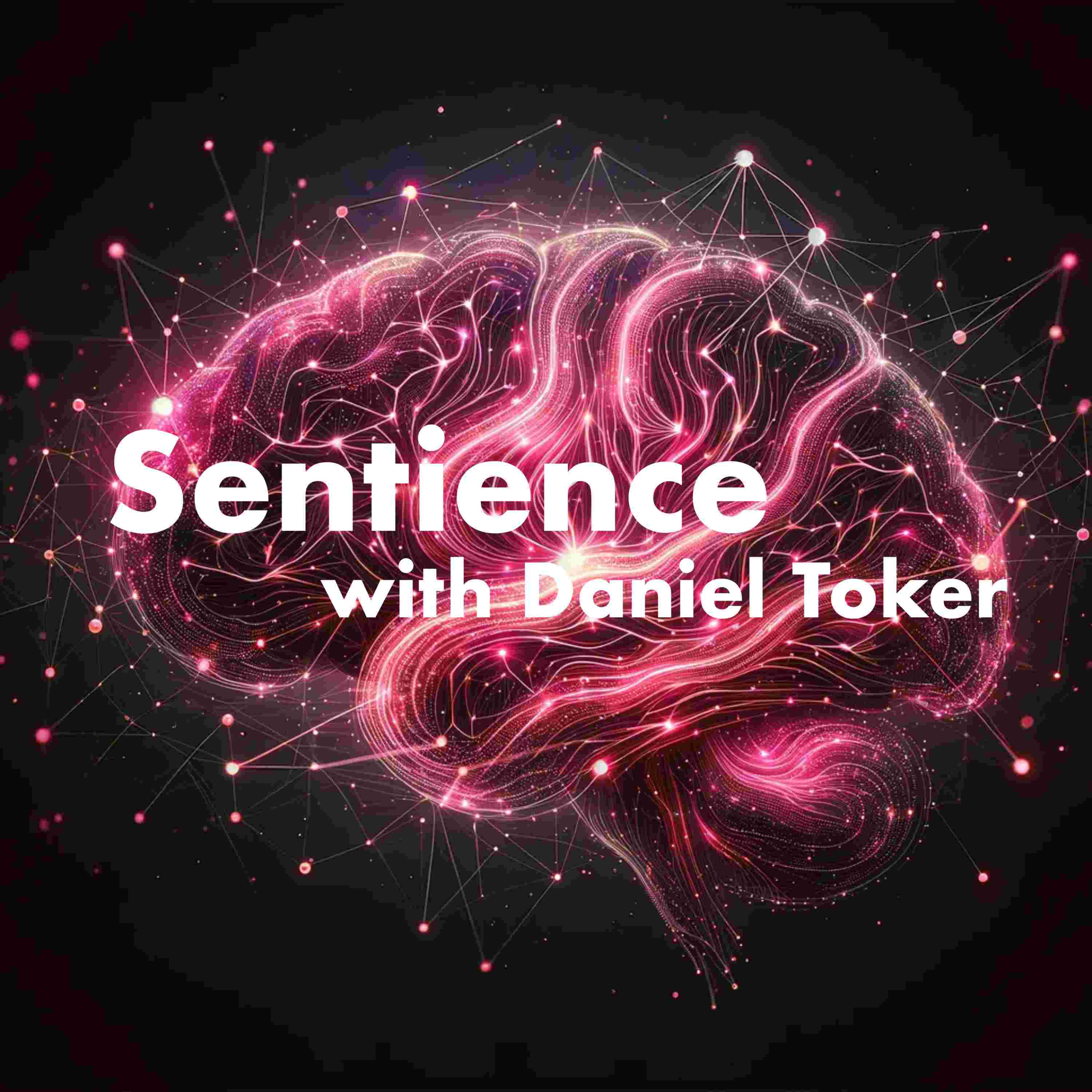

In this episode of Sentience, Alysson Muotri, PhD, professor at UC San Diego, discusses how brain organoids—lab-grown neural tissues derived from stem cells—are reshaping neuroscience. He explains how organoids can model early brain development, uncover the roots of neurodevelopmental disorders like autism, and accelerate the search for new treatments. We also explore how these systems shed light on human evolution, the emergence of intelligence, and the ethical questions that come with studying increasingly complex neural models.
Chapters / Timestamps
(00:00) – Welcome to Sentience
(00:24) – Alysson’s journey into stem cell and brain organoid research
(03:14) – How organoids model the developing human brain
(06:22) – Using organoids to study autism and other neurodevelopmental disorders
(09:58) – From lab dish to therapy: translating organoid insights into medicine
(13:27) – When organoids begin producing brain-like activity
(17:36) – What these systems reveal about intelligence and evolution
(21:18) – The ethics of studying increasingly complex neural tissue
(26:03) – Biological vs. artificial intelligence: where the lines blur
(29:55) – What organoids are teaching us about being human
(33:12) – Looking ahead: the future of brain models in science and medicine